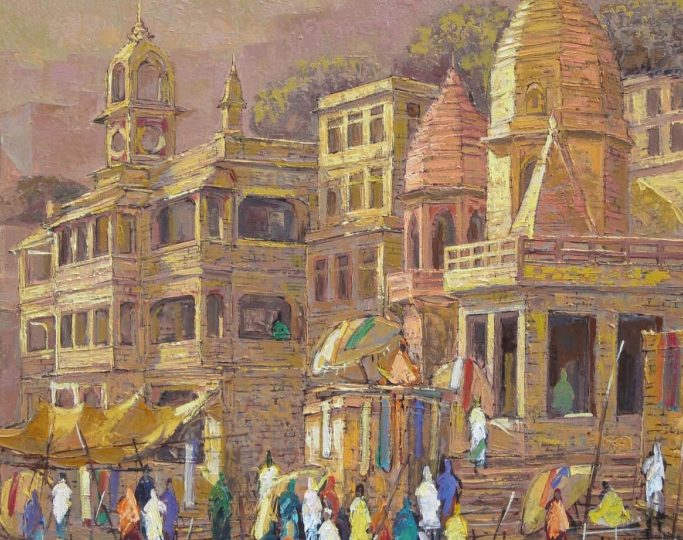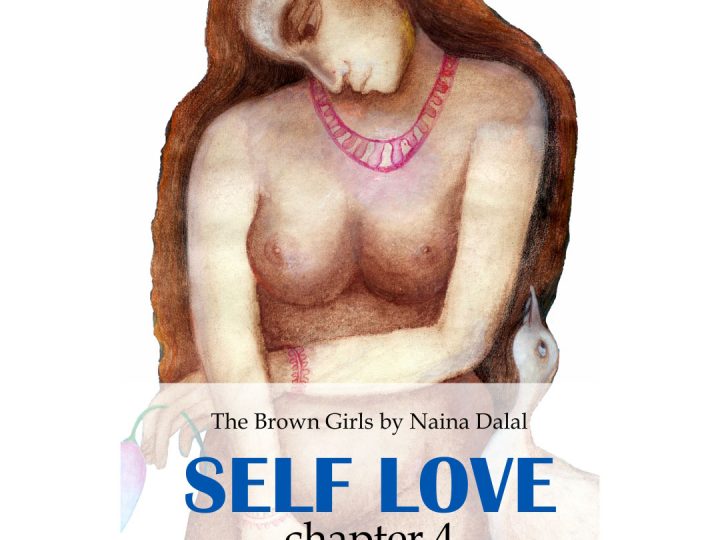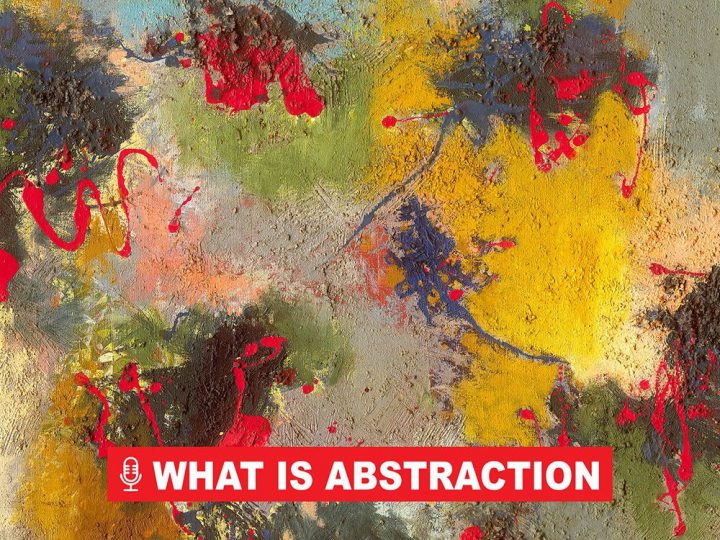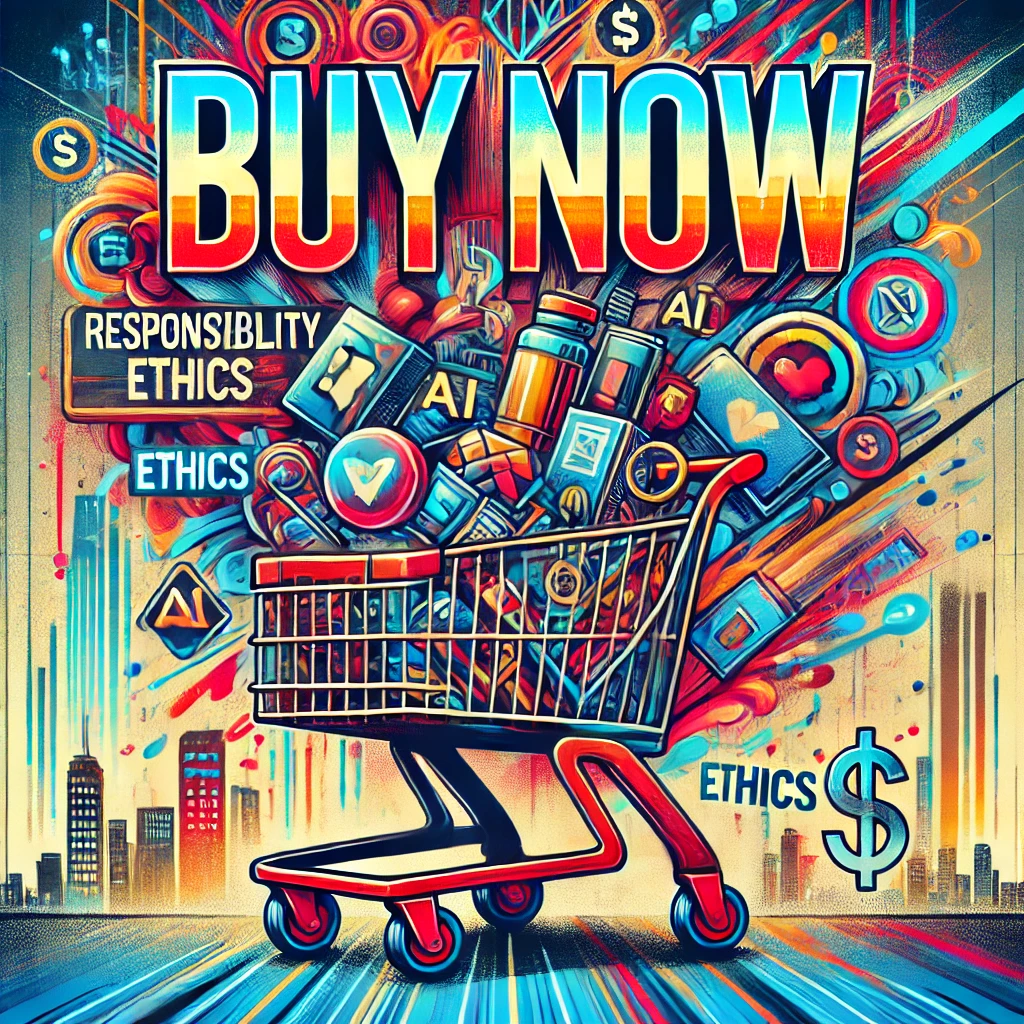
Buy Now: The Shopping Conspiracy is the focus of this blog, which is not a critique of the documentary or its filmmaking style. Instead, it’s a reflection on the concepts explored in the film and how they relate to us as humans living in the 21st century—a time defined by digital technology and the early stages of AI. You could consider this a social commentary, weaved with a philosophical reflection on modern consumerism and the consequences it carries. It doesn’t just point out the issues we face but also invites us to think more deeply about our personal responsibility and the ethics of our choices in today’s world.
Thanks to Netflix, producer Flora Bahenal, and director Nic Stacey for bringing forward a documentary that offers something truly worth watching and reflecting on. This blog is not intended to criticize any corporation, interviewee, or individual. It’s not about avoiding legal consequences—it’s because, on some level, we’re all part of this system, knowingly or unknowingly. Therefore, it wouldn’t be fair to place blame on any one person or entity. While some may bear more responsibility than others, everyone shares in this responsibility, and it is up to all of us to make things right.
We’ll Hit You, and We’ll Save You Too
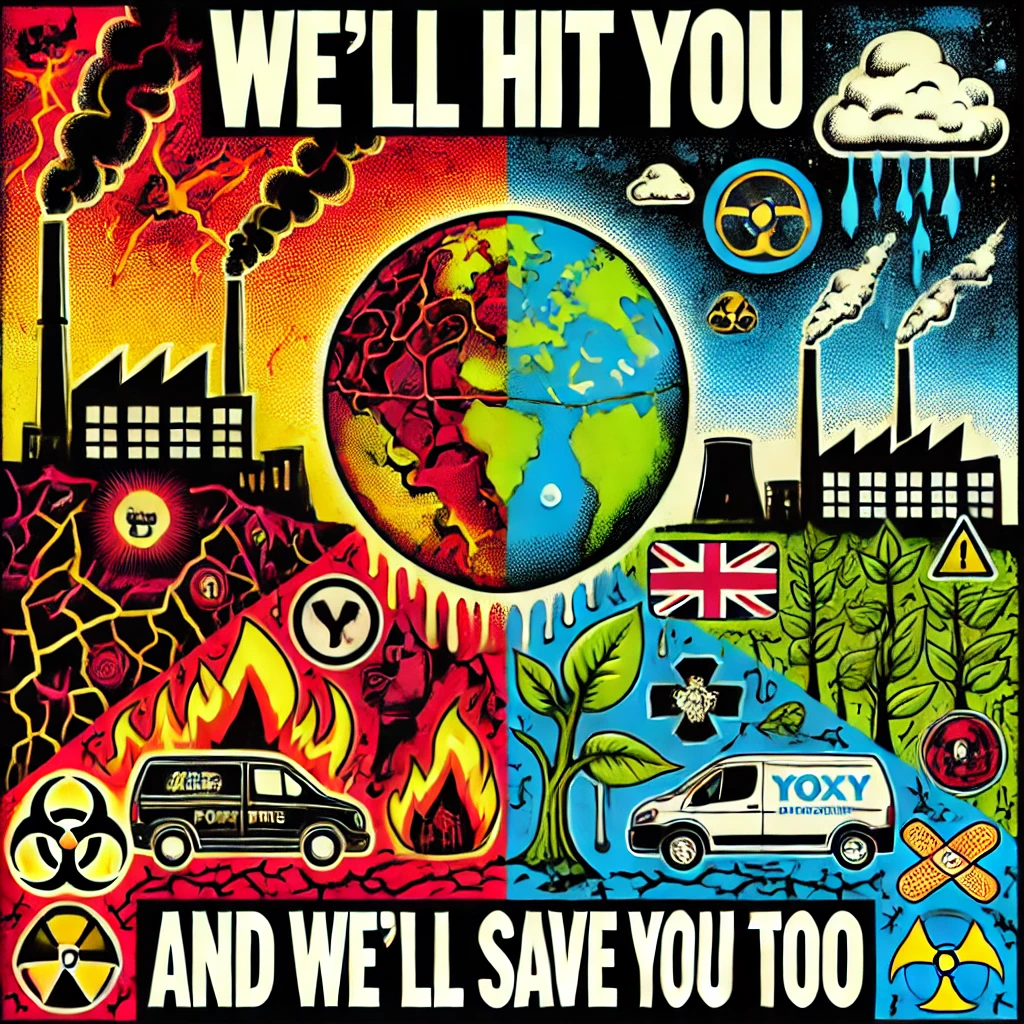
As I started watching this documentary, the word “science” immediately grabbed my attention. To manipulate in the name of science is one of the most clever corporate strategies used by developed countries, intellectuals, and marketers in the digital age. With “science” attached to anything, it’s presented as logical, true, and beyond question—no one dares to ask why.
What’s truly fascinating is how the people involved in this system first commit their wrongdoings, only to later repackage them into something “good.” It’s like a marketing strategy—harm the mindset, the culture, society, nature, or whatever stands in your way, then hit a certain age, practice yoga, set up your luxury lifestyle, maybe even buy a house in an uber-rich neighbourhood. Then, perhaps you visit India, find a yoga ashram, turn to spirituality, look serene and enlightened, admit your past mistakes, and then move on. At least they admit it, right? But hey, they’ve paid their dues—so, let them off the hook!
As advanced societies, people are well aware of the long-term consequences of their actions, especially when done on a large scale. But as long as the “juice” is flowing, they keep squeezing. Once it runs dry, they play the saint card, admit their wrongs, and call it a day. How convenient. It reminds me of that famous Salman Khan dialogue—“We’ll hit you, and we’ll save you too.” This sums up the behaviour of many developed nations.
Chapter 1 – Sell More

Selling is the key to success. But what if we added one more word to that—ethical selling? Can that even be possible in the 21st century? After all, the modern consumer is driven by the need for motivation to buy. So, how do you sell to them?
Fast fashion, fast content, fast food, fast ideas, fast communication—what does it all lead to? Fast quality? Quick spending? A whirlwind pace of life? Fast emotions, fast emptiness, and ultimately, fast depression?
At times, it feels like we’re being told to put our critical thinking on hold. Stop questioning, stop reflecting—just follow whatever flashes on the screen or whatever you’re told to do. But here’s the truth: people don’t need so many clothes, as one interviewee in the series points out. This brings us to the Aparigraha concept from Jainism—a philosophy of non-possessiveness and the avoidance of excessive attachment to material things, which feels more relevant than ever as humanity marches on. Consider these staggering numbers:
- 5 million shoes produced every hour.
- 68,733 phones made every hour.
- 12 tons of plastic dumped into the environment every second.
Chapter 2 – Waste More


We live in a world obsessed with maximizing profits. It’s all about getting more, faster, and cheaper. And then there’s something called planned obsolescence—the idea that products are designed to break down after a certain period, forcing you to buy again. It’s legal, sure, but is it ethical? Is it right?
We’re surrounded by throwaway objects—things made to be used briefly and then tossed aside. But what happened to things that last? The kind of items that build a legacy, that are meant to stand the test of time?
Now, some might say, “It’s the company’s fault for making things you can’t fix, like DIY products.” And yes, that’s true, but the real question is: Why buy these products in the first place? But what if the entire industry operates this way? What if everyone is doing it? Where do consumers turn then? It feels like pure evil, disguised as just good business. It’s like a monopoly, but one that doesn’t seem like a monopoly. It’s like being forced to buy something, but it doesn’t feel forced—because it’s legal. But deep down, we all know it’s not morally or ethically right.
And all this waste? It’s not just a nuisance—it’s fuelling climate change.
This is where religion and spirituality come into play. Imagine a world where the focus is on the community, not just profits. Some might argue that countries like India or other parts of Asia don’t get rich because they prioritize values like ethics, spirituality, and morality. But what happens when wealth is gained at the cost of everything else? Sure, it might not harm nature or people right away. But after the damage is done, when the consequences catch up, people end up sitting in their shiny new villas or offices on the world’s most expensive land, trying to make up for it. They launch PR campaigns, create foundations, and “help” the poor in far-off continents. But is that really enough to undo the damage caused?
Chapter 3 – Lie More

What is truth, really? It’s often just an interpretation. Take plastic, for example. Plastic that can’t be recycled—how is that a solution for the planet?
Now, let’s talk about fashion. Can a dress actually make a positive impact on the planet? The truth is, many in the so-called “industrialized” world have recently adopted marketing terms like “sustainable fashion,” but this isn’t a new concept. Indigenous tribes and communities in less-industrialized countries have been living in harmony with the planet for centuries. Now, these modern buzzwords like “greenwashing” are used to give projects a sense of innovation. New year, new terms. But has anything really changed in the last two decades? Not much. So, how is it that these “progressive” countries, people, and companies, who are still grappling with how to manage the earth and support global communities, continue to claim leadership? Perhaps true progress goes beyond polished language and good intentions. We talk about climate change and a “climate crisis,” but where is the genuine action to address the impact of our choices on the world? Are we truly as “progressive” as we believe? Can we really call ourselves responsible?
Growth used to mean progress for society, for the community, for people, and the planet. It was about improving lives, generating jobs, and serving the common good. Today, growth has turned into sales, profits, and power—at any cost. This is no longer growth. This is greed.
Chapter 4 & 5 – Hide More, Control More

Corruption exists at every stage, in every corner. If X won’t do it, their colleague Y will. So, why should X stop? It becomes a battle between moral consciousness and peer pressure, between doing what’s right and the fear of missing out—YOLO mentality. This cycle won’t break until we all, as a society, face a crisis like COVID. But what’s truly alarming is that when the Earth begins to respond to our wrongdoings, no amount of help will fix it. Consumption will always lead to waste, and dumping products in poor economies under the guise of charity and donations only pushes the problem away from our sight. We market it as a responsible brand while turning a blind eye to the consequences. Everything we do, good or bad, always comes back to us—that’s karma. Just like we think we’ve disposed of our waste, but the toxins in water come back to our food, causing health issues down the line.
Buy Less, Live More

The key to a sustainable life? Buy less. This is the core of the Aparigraha concept—only buy what you truly need. In doing so, you’re saving not just money, but also protecting those around you, your future, and the planet for generations to come.
Looking to the future, we could learn from the old Indian way of life—the simple, traditional lifestyle that emphasizes living with less. It’s the so-called concept of minimalism: living on a farm, owning fewer objects, growing your own food, eating before sunset, waking up early, and doing the work that matters. No excess, no waste—just a life lived with intention and balance.
But wait—if we went all in on this simple life, would society even vibe with that? Where would the “cool” go? What about the trips, the clout, and flexing our success on social media? Let’s be real, no one’s out here posting pics of their minimalist farm life for a #Blessed moment. So, are we just stuck in this endless grind for more stuff, or can we actually break the cycle and save ourselves—and the planet? Maybe the solution isn’t as insta-worthy as a perfect feed, but hey, it’s worth a shot, right?
Photos and Text © Chaitya Dhanvi Shah


